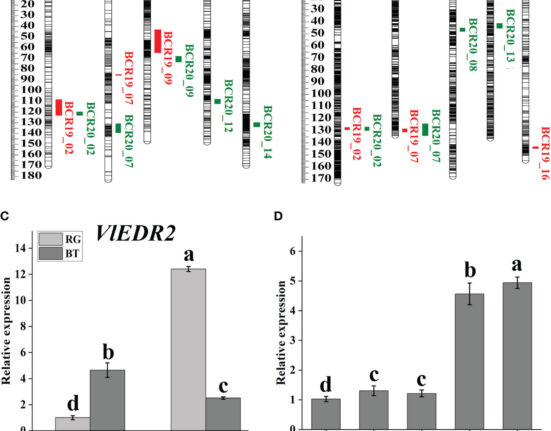How a giant policy bill passed by Republicans is set to revolutionize America’s energy sector. Let’s dive into the winners and losers in this legislation that has been pushed through Congress with vigor.
President Trump’s domestic policy agenda, embedded within this bill, is geared towards reshaping the energy landscape of the nation. The intricate details of this legislative move include significant reductions in tax breaks for wind, solar power, and electric vehicles. Interestingly, federal support for traditional fossil fuels like coal and oil remains intact, along with backing for nuclear reactors and geothermal plants.
As Brad Plumer reports from Washington on July 3, 2025, the implications of this bill are profound. It not only tilts the scales in favor of conventional energy sources but also dismantles key climate change mitigation efforts undertaken by previous administrations. The backdrop to all this is a stark warning from scientists about the perils posed by climate change-induced extreme weather events such as heatwaves, wildfires, failed crops, and floods.
Despite the seismic shifts outlined in this legislation, there lingers an air of uncertainty regarding its actual impact. For instance, while federal subsidies may be axed for solar farms under the new regime, it doesn’t spell doomsday for them. They might continue to sprout up across the country albeit at higher costs and possibly sourcing components from overseas markets like China instead of domestically.
On one end of the spectrum are clear winners like traditional energy sectors benefitting from continued governmental patronage. On the flip side are industry segments receiving less favorable treatment under the bill – an example being carbon capture technology providers who could face challenges despite their importance in combating greenhouse gas emissions.
### Wind and Solar Power Under Pressure
“The bill would quickly phase out tax credits for wind and solar power…”
Among those taking a hit from this legislative overhaul are wind and solar power industries. With tax credits dwindling rapidly under the new regulations, these sectors find themselves facing uncertain times ahead. However, experts opine that while they might shrink somewhat due to reduced incentives, complete extinction seems improbable given their current trajectory as burgeoning electricity sources.
In conclusion…









Leave feedback about this